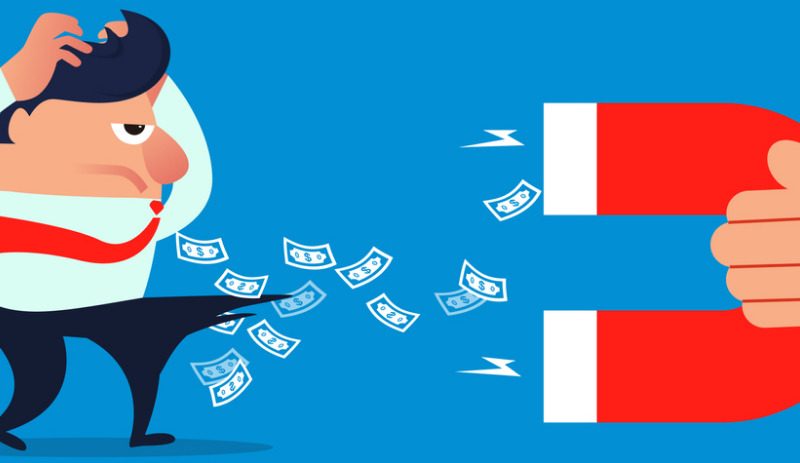What you need to know: Four questions to ask before you get your first mortgage
So you’re in the market for your first mortgage. It’s a lot of money, right? You’re about to borrow hundreds of thousands of dollars, and no doubt you’ll want to know you’re not paying more than you need. We’ve put together a checklist for you.
Have you shopped around as well as you could?
Don’t forget this: the interest you’ll pay on your mortgage over the next 10, 20 or 30 years is worth a lot of money to someone. That means the lenders will be ready to compete to have you as their customer. If you just roll along to your current bank, they probably won’t take you past their very standard basic offering. You can almost certainly do better than that. There’s sure to be another lender out there who’s keen for your business and ready to make a deal that’s better for you. It can really pay to shop around. The question you need to be asking all the way along is, what’s the best rate I can get?
Have you negotiated as hard as you could?
After you’ve got yourself a good rate, don’t stop there. Don’t be afraid to go on asking other lenders if they can match the deal you’ve been offered. Another bank could be willing to give you a better rate if you bring the rest of your accounts to them. Have you asked if that would get you a better deal? Always be asking for that little bit extra.
Have you checked out mortgage brokers?
Brokers can be valuable because they know what their lenders are doing. They may be able to help you find a loan if a bank says no, and may be able to get a better deal than if you went direct. They know the criteria each lender uses, they know the interest rates, they can help you put a loan application together and they can do the negotiating on your behalf. However, some banks don’t deal with mortgage brokers. Different lenders pay different commission rates to mortgage brokers, so they may want to put you with a particular lender because it benefits them more, even though it may not be the best deal for you.
Have you structured your mortgage as well as you can?
Is it true what they say, that over the lifetime of the mortgage, you can end up paying twice the cost of the house? You could do, but you don’t have to. It really boils down to what your interest rate is and how long you take to repay. Let’s say you’ve bought the home of your dreams for $750,000 with a mortgage of $600,000 and you’re paying 5.3%. Over 30 years you’ll pay $1,198,878. Bring the term down to 20 years and in total it’ll cost you $973,713. But if the best rate you can get is 6.5%, then over 30 years you’ll end up paying $1,364,624 in interest and principal for the $600,00 you borrowed. The way you structure your mortgage really matters. Every little percentage point you can shave your interest rate, every month you can shorten your term, the better you’ll be doing.
So before you even start shopping for that loan, ask yourself: have you done as much as you can to get the amount you borrow down before you even start? Can you save a bit more of a deposit? Can you find a cheaper house?
So you’ll want to be making repayments as high as possible – the sooner you pay off that mortgage, the less you’ll pay in interest. Don’t just accept the term the lender sets you. If you think you can get it done in 20 years, don’t settle for 30.
What else? Four more tips for first timers
Get yourself an account that links your savings account to your loan. Even if your savings don’t earn any interest, it reduces the amount you’d pay on the loan. The same goes for a revolving mortgage, where your pay goes into your mortgage account and you spend from there. This also reduces the amount of your loan accruing interest.
Make sure you’re not in too deep. That 95% loan may sound great, until it’s time to pay it back. Be sure you’ve had a clear-eyed look at what you can afford to spend, and what would happen if any of you income dried up.
It’s just as important to make sure you’re not borrowing more than you need. Some lenders may try to tempt you into borrowing more, because that’s great business for them.
Check out an online mortgage calculator. It’s easy to get a very clear idea of the many options you have to structure your mortgage by crunching the numbers again and again, trying out all the different possibilities, so make an online mortgage calculator your friend. Most of the lenders have them on their sites. Don’t brush past them, there are many thousands of dollars at stake and it’s all your money!
Credit Simple
Credit Simple gives all Kiwis free access to their credit score, as well as their detailed credit report. See how your credit score compares by age, gender and community and gain valuable insights into what it all means.
All stories by: Credit Simple


